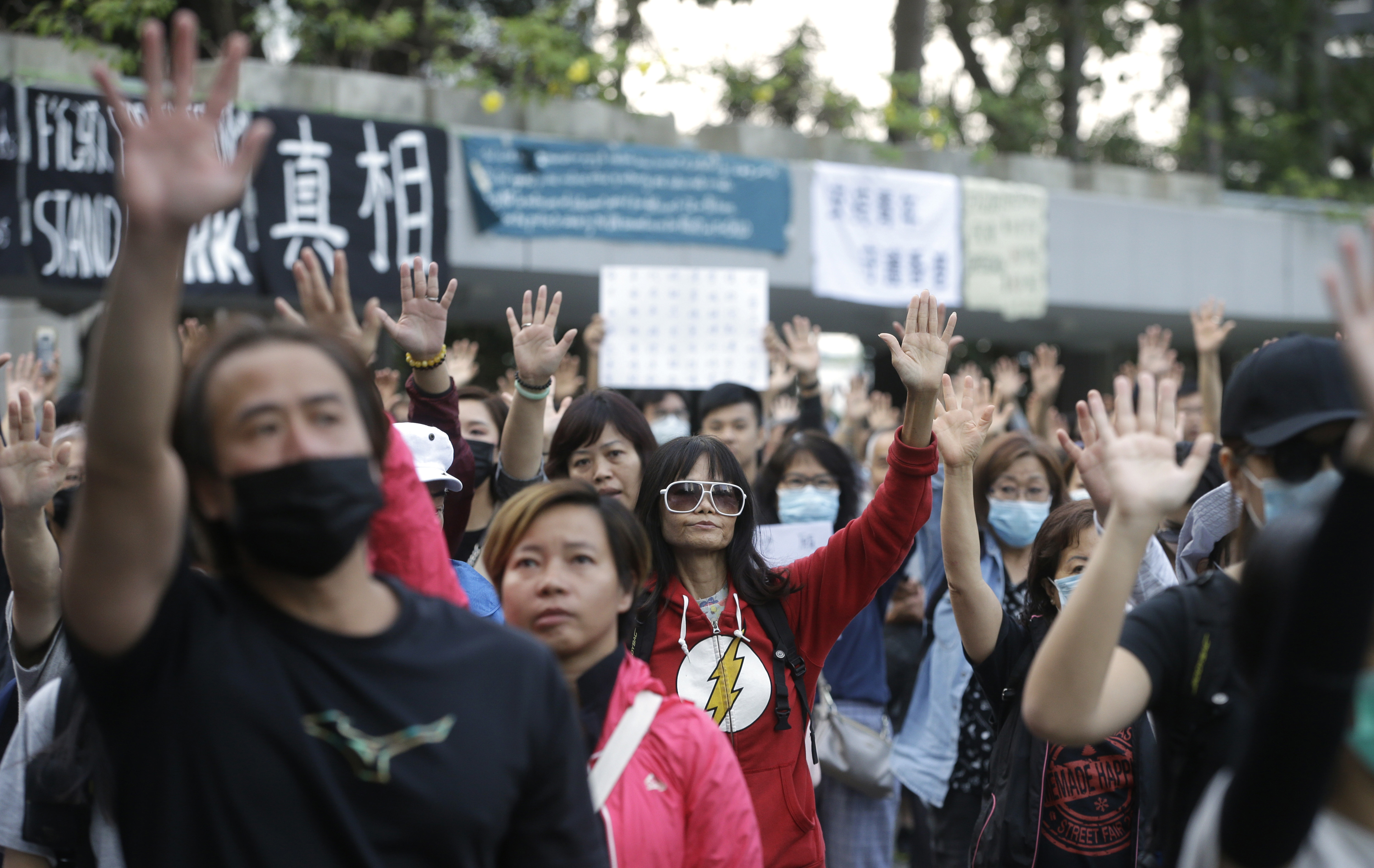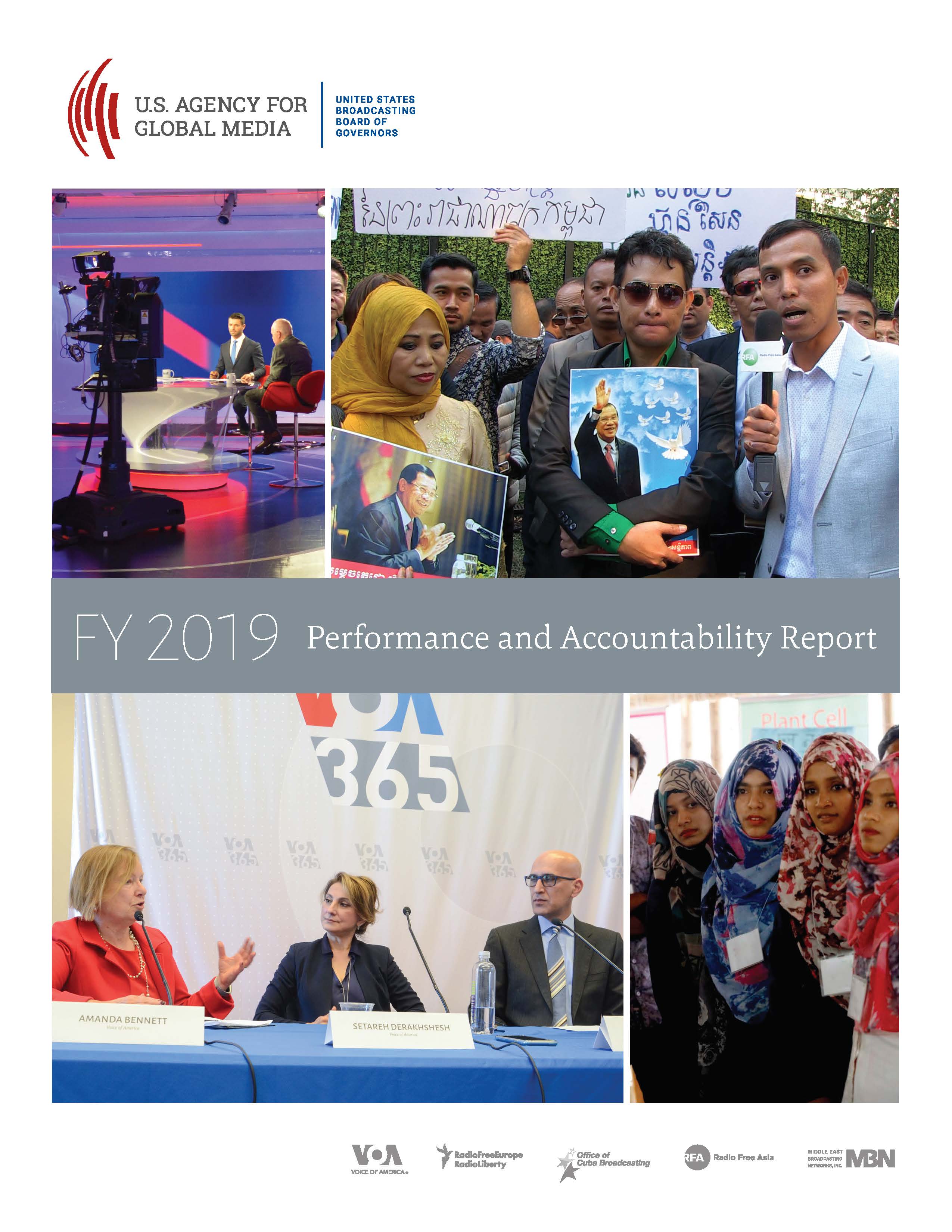The world needs international public service media more than ever

Six months ago protests in Hong Kong grabbed international headlines following news that federal legislation would enable authorities to detain and extradite Hong Kong citizens to Taiwan and mainland China. While the world watches this brittle situation unfold, Chinese censors block its citizens from accessing accurate news from the island. Enter Voice of America (VOA) and Radio Free Asia (RFA), both of which have seen substantial spikes in the consumption of their news and other programming since the protests began. On YouTube, VOA Mandarin’s video views increased by 20 percent in May 2019; by June 2019, they were up 90 percent. Website page-views increased by almost one-third with 70 percent of traffic coming from inside China. Average Chinese citizens are bucking their government’s propaganda to engage with VOA and RFA content at extraordinary rates—a testament to their extraordinary will to pursue independent and unbiased information, in spite of the difficulty and risk under a state-controlled media environment.
This week, USAGM released its annual audience performance numbers. We found that for a second straight year, global demand for USAGM content continued at record levels. The Agency’s measured weekly audience grew to 350 million people in FY 2019, up from 345 million people in FY 2018 which was a monumental and unprecedented increase of 67 million over FY 2017. Over a five year period there has been a 55 percent global audience increase. This year’s increase is largely due to increases in audience in Afghanistan, Pakistan, Mexico and Zimbabwe. In addition to these important regions, USAGM’s largest audiences continue to come from strategically critical countries like China, Russia, Iran, and Indonesia (the largest Muslim-majority country in the world).
These trends appear because USAGM has made great strides through digital-first distribution strategies and getting information to people where they consume it – whether that’s online, social media, television, or radio. Foreign audiences seek information on many of the platforms that Americans know well—and a few that our fellow citizens are lucky enough to not. Chinese audiences use USAGM-sponsored circumvention and internet freedom technology to access content, and they often rely on platforms like Twitter and Facebook to search, read, view and share articles and videos. As platforms like these become pressured to label news sources, a new discussion has emerged on how to distinguish government-controlled media, such as China’s, and public service media such as USAGM, BBC, DW, which use public funds to support free media in markets lacking a sustainable, independent press. The difference in labeling may be minor, but the consequences are significant.
USAGM’s mission – to inform, engage, and connect people around the world in support of freedom and democracy – places it firmly in the category of a public service media organization. It is an independent, publicly-funded institution, with robust legal requirements for journalistic excellence, transparency, good governance and accountability. For example, the agency’s Congressionally-mandated journalistic firewall prohibits editorial interference or control by the U.S. government serves as the bedrock of USAGM’s independent reporting. By protecting against political interference, the firewall ensures the credibility of the agency’s journalists and broadcasters. Our networks are publicly funded, not government-controlled. And our audiences understand that distinction—despite being attacked and defamed by governments all around the world, more than 73 percent of our audiences consider our networks’ news to be trustworthy.
The spike in traffic we are witnessing during the Hong Kong protests is just one example of the value and service that USAGM networks provide as news breaks in repressive media environments. From China and Pakistan to Russia and beyond, we are proud that our USAGM networks are meeting audience demand globally and will continue our mission to deliver reliable and independent news and information to the many corners of the world that suffer without access to credible local, regional and international news.


